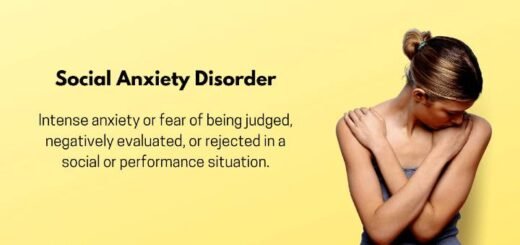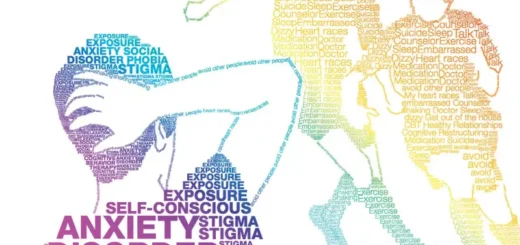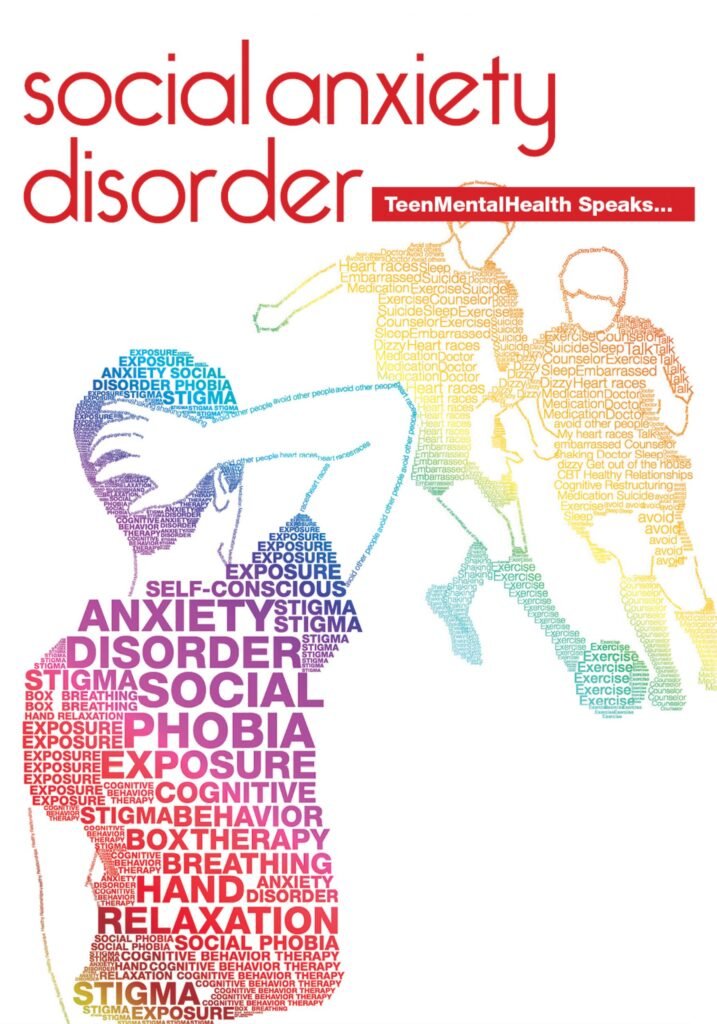How to manage social phobia triggers
When it comes to social phobia, there are certain triggers that can bring on a fear response. While everyone experiences social anxiety differently, there are some common triggers that can affect people with this condition. By understanding what these triggers are, you can learn how to manage them more effectively.
One of the most common triggers for social anxiety is the fear of being judged. This can manifest in a number of ways, such as worrying about what others think of your appearance, your abilities, or your personality. If you’re constantly second-guessing yourself and worrying about how you’re being perceived, it can be tough to relax and enjoy social situations.
Another common trigger is the fear of embarrassment. This may be related to the fear of being judged, but can also be its own distinct trigger. If you’re worried about saying or doing something embarrassing, you may start to avoid social situations altogether.
Other common triggers include the fear of rejection, the fear of being the center of attention, and the fear of not knowing what to say or do. If you’re feeling anxious about any of these things, it’s important to remember that you’re not alone. Many people with social anxiety feel the same way.
The good news is that there are things you can do to manage your social anxiety triggers. If you’re aware of what sets off your anxiety, you can take steps to avoid those situations. For example, if you’re worried about being judged, you can try to find social situations where you feel comfortable and accepted. If you’re worried about embarrassing yourself, you can practice what you want to say or do ahead of time.
In addition to avoiding triggering situations, you can also work on building your confidence. The more confident you feel, the less likely you are to feel anxious in social situations. There are a number of ways to build confidence, such as taking on new challenges, practicing positive self-talk, and setting realistic goals.
If you’re struggling with social anxiety, it’s important to seek help from a qualified mental health professional. They can help you identify your triggers and develop a plan for managing them. With the right help, you can learn to cope with your social anxiety and enjoy your life.













